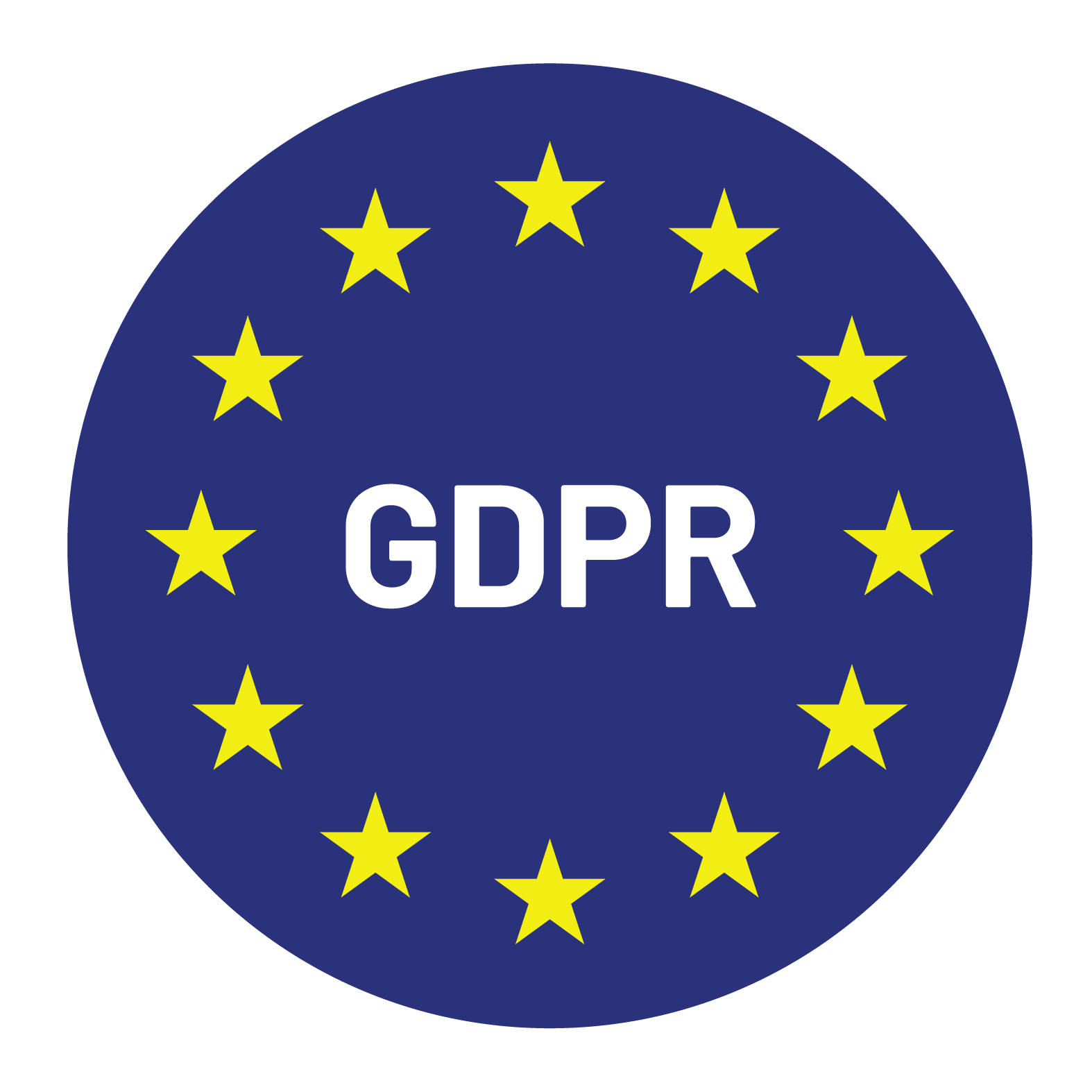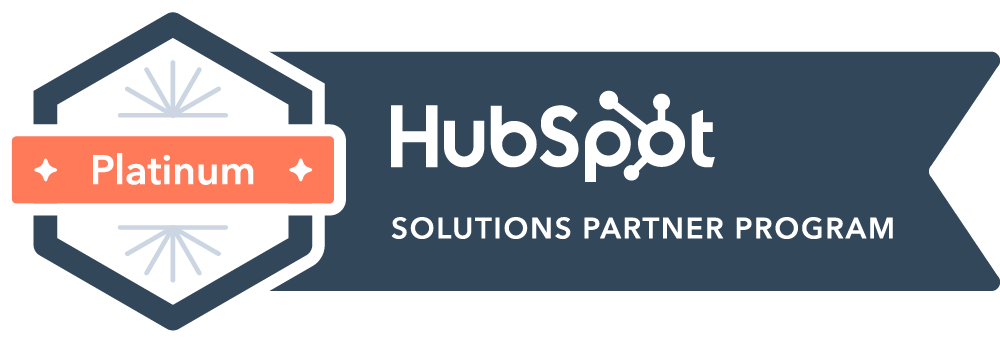

Founder and CEO of Whistle, with over 10 years of selling technology to hundreds of SMB and Enterprize companies across multiple sectors.
Gerry Hill is a seasoned sales professional who has dedicated his career to the art of cold calling and sales strategies. With extensive experience in the industry, Gerry understands the challenges that sales teams face when it comes to cold calling potential customers. He believes in the power of well-crafted cold calling scripts and techniques to successfully engage with prospects and drive sales. Through his expertise, Gerry has developed a comprehensive cold calling strategy that combines effective communication skills, open-ended questions, and a persuasive sales pitch to increase success rates.
Cold calling may not be everyone’s favorite sales strategy, but it offers numerous benefits that make it worth considering. While technology has given us various ways to connect with potential customers, cold calling adds a human touch to sales interactions.
One significant advantage of cold calling is its ability to help companies identify their target customers. By proactively reaching out to potential clients, businesses can gather essential demographic and psychographic data, allowing them to refine their marketing efforts and tailor their messages accordingly.
These strategies are designed to enhance the effectiveness of cold calling campaigns, helping sales professionals increase their success rates and achieve their targets. By implementing these tips, sales reps can maximize their efforts, engage potential customers more effectively, and ultimately close more deals. Whether you’re new to cold calling or looking to refine your approach, Gerry Hill’s tried and tested tips are invaluable in maximizing your cold calling success. Let’s dive in and explore these strategies in more detail.
When it comes to cold calling, having a clear script and goal is of utmost importance. A well-prepared call script can make a significant impact in successfully engaging potential customers and ultimately closing the deal.
A compelling call script should include a concise introduction, setting the tone for the conversation. It should present a persuasive argument highlighting the unique value proposition of your product or service. Clearly explain how working with you can save the prospect money, time, or effort. Paint a picture of the benefits they could experience by choosing your solution.
After the call, promptly send an email summarizing the key points discussed and emphasizing the value proposition. This serves as a reminder and can keep the conversation going.
Before making cold calls, it is crucial to thoroughly research your prospects. This step will help you understand their needs, preferences, and possible pain points, allowing you to tailor your approach and increase your chances of success. Here is a step-by-step guide to researching prospects before making the call:
When it comes to successful cold calling, having an open-ended question ready to engage the prospect is a valuable technique to master. As a cold calling expert Gerry emphasizes the importance of starting the conversation with an open-ended question to grab the prospect’s attention and encourage them to participate in the discussion.
Open-ended questions are designed to elicit more than just a simple “yes” or “no” response. Instead, they require the prospect to provide detailed answers and share their thoughts and opinions. This not only helps build rapport and establish a connection with the prospect but also enables you to gather valuable information about their needs and challenges.
By asking types of questions, you show genuine interest in the prospect’s perspective and demonstrate that you are there to listen and understand. This approach helps to create a comfortable and engaging conversation, making the prospect more receptive to your pitch.
Building trust is crucial in cold calling, and open-ended questions are a powerful tool to achieve that. They show that you value the prospect’s input and are willing to tailor your solution to meet their specific needs. As a result, the prospect is more likely to trust your expertise and consider your product or service as a viable solution.
When it comes to cold calling, the way you speak can make a significant impact on the success of your call. Speaking clearly and confidently is crucial.
A clear and confident tone demonstrates professionalism and expertise. It gives the impression that you know what you are talking about and instills confidence in the prospect. By speaking clearly, you ensure that your message is easily understood and that there is no miscommunication.
Tone matters. It is not just what you say, but how you say it that can influence the prospect’s perception of you and your product or service. Speaking with conviction and enthusiasm can create a positive impression, making the prospect more likely to trust and believe in your offering.
Moreover, volume level plays a role in establishing credibility. While you don’t want to yell into the phone, speaking at a slightly louder volume than average ensures that your voice carries across and conveys confidence. This helps to hold the prospect’s attention and demonstrates that you are assertive and authoritative.
During cold calls, one of the most important skills a sales professional can possess is the ability to listen carefully. Taking the time to really understand what the prospect is saying can make a significant difference in the success of the call.
Listening carefully allows the sales professional to gather valuable information about the prospect’s needs, pain points, and challenges. By actively paying attention to the prospect’s words, tone of voice, the sales professional can identify opportunities to provide solutions that truly meet the prospect’s needs.
Furthermore, taking notes during the call can help sales professionals remember important details and frame follow-up questions. By jotting down key points, the sales professional can later refer back to the notes and personalize future interactions with the prospect. This shows the prospect that they were truly heard and understood, which can build trust and strengthen the relationship.
Instead of using a generic script or pitch, the sales professional can tailor their approach based on the unique information gathered, making the prospect feel valued and important.
During a cold call, prospects may raise several objections that can be challenging for sales professionals. By being prepared to handle these objections, sales professionals can increase their chances of success. Here are some common objections and strategies to overcome them:
To maximize the effectiveness of cold calling efforts, it is crucial to track metrics and monitor performance. Tracking metrics allows sales teams to analyze their success rates, identify areas for improvement, and make data-driven decisions.
By diligently tracking various key metrics, sales teams can gain valuable insights into their cold calling strategies. One important metric to track is the number of calls made. This metric provides a clear indication of the team’s activity level and overall productivity.
Conversion rates are another significant metric to monitor. By tracking the number of potential customers who convert into actual customers, sales teams can evaluate the effectiveness of their pitch and identify any potential barriers or objections that may need to be addressed.
Another important metric is the average call duration. This metric helps assess the quality and engagement level of the sales conversation. If the average call duration is too short, it may indicate a lack of engagement or ineffective communication.
To effectively track these metrics and more, sales teams can utilize various tools and software. These tools provide real-time data and analytics, enabling teams to monitor performance, set benchmarks, and make informed decisions based on the data.
To develop a long-term relationship with clients, one of the most crucial factors is actively asking questions. This simple yet powerful strategy allows sales professionals to understand their clients’ needs, goals, and pain points on a deeper level. By gaining this insight, they can tailor their approach and provide relevant solutions that truly address their clients’ specific challenges.
Active listening and thoughtful questioning go hand in hand when building trust and rapport with clients. By actively listening to their responses and asking follow-up questions, sales professionals demonstrate genuine interest and understanding.
Moreover, asking questions helps identify opportunities for ongoing collaboration. By understanding their clients’ long-term goals, sales professionals can suggest additional products or services that align with their clients’ vision. This not only positions the salesperson as a trusted advisor but also fosters a sense of partnership and mutual growth.
In today’s sales landscape, cold calling remains a valuable and effective strategy for sales professionals.
However, to maximize the success of cold calling, sales professionals need to conduct thorough pre-call research, ensuring they have a clear understanding of the potential client’s needs and pain points. Additionally, using a well-structured script can help guide the conversation and ensure key points are covered effectively.
At Whistle, we pride ourselves on our cold calling abilities. To find out more about how cold calling can lead to revenue generation, don’t hesitate to book a meeting with one of our sales experts!


© Copyright – Whistle 2023